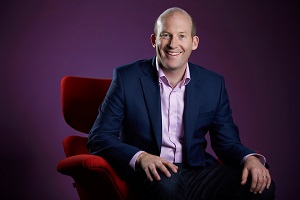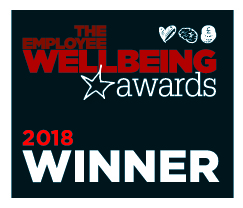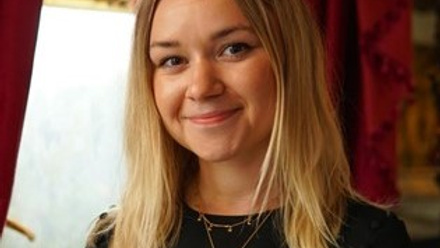Virgin Holidays' MD Joe Thompson on why wellbeing is a whole business issue not just an HR one

As leadership team wellbeing champion for Virgin Holidays and Virgin Atlantic what is your primary reason for addressing employee wellbeing?
We want our people to realise their full potential and that means having a good balance between work life and real life. We know that if our people are leading a happy and fulfilled life outside of work they are more likely to bring the best version of themselves to work, and that results in great service and in a more motivated and engaged workforce. We believe that is good for our business as well as making good sense on a more human level.
How committed is your board to the issue of employee wellbeing?
Our people agenda is at the forefront of our business objectives. Within our people agenda, our commitment to employee wellbeing is front and centre.
In some ways, the obvious choice would have been to have our senior vice president of people in the role of wellbeing champion. But we felt it would communicate a better message to see one of the business leaders, one of the leaders of the functional areas, take that championing responsibility. We wanted to send the message that this is a whole business initiative and priority, and not just something that was coming from the people team.
We have regular time with the wellbeing team looking at any upcoming initiatives and making sure that we, as a leadership team, are going to drive uptake of those initiatives.
Do you report on employee wellbeing to shareholders?
We are a private company so we do not produce an annual report in quite the same way as a publicly listed business would for shareholders. But in materials that we prepare for our board, we do include data and updates on our people agenda and how we are performing on wellbeing.
At this point in our journey we are a little bit more focused on what I think of as outcome metrics related to employee wellbeing, long-term sickness, for example.
We need to evolve our data to link it back to our programme of activity in the wellbeing space, making sure that we are tracking some of the earlier stages of that. That way it is much more about picking up on early signs and preventative action with less focus on the back end of the process in terms of outcomes.
What are the business or workforce challenges that keep wellbeing a main focus at your organisation?
We operate in a fast-paced, challenging and demanding industry. In our Virgin Holidays business we have challenges that vary by work group and demographics.
So, for example, we have a large number of people in our retail stores and who are much younger and have a very set of different worklife priorities compared to our older pilot workforce.
Additionally, we have a number of people working remotely from the centre and a large number of people, such as cabin crew, who fly with a different group of people every time they work. That creates challenges in terms of their line management and reporting structure.
We also face the challenges of shift work, and of large numbers of our work population having to travel long distances in the course of their working lives, being away from home, and travelling between different time zones. Our toolkit has to reflect all this – we have to ensure we are able to tailor a wellbeing offering to a very diverse group of people.
Historically, we have been active in the wellbeing space but it was quite spread out across the business. One change that has been very helpful has been to pull a number of facets of our wellbeing offer together under a slightly expanded role, and give those responsibilities to our head of reward.
So now occupational health, benefits and a new wellbeing specialist consultant sit together in one team. Consolidating all of that has really helped us think more coherently about how we are addressing the wellbeing challenge.
Do you require organisations in your supply or distribution chains to commit to any employee wellbeing standards before signing contracts with them?
We ask our suppliers to sign up to a responsible supplier policy. That includes seeking a commitment to work in line with our sustainability agenda. We work with suppliers on a global basis so there are some variations in terms of commitment to employee wellbeing in different parts of the world. But we work on a continuing improvement basis to ensure that our suppliers are behaving in a responsible manner towards their employees. And that includes emerging legislation on modern slavery.
Do you feel the government supports employers to improve employee health and wellbeing?
We think the government could do more to support business. We are taking on increased responsibility to address employee health, looking at prevention, for example, to address adverse outcomes such as long-term sickness and absence from work that are both detrimental to business and costly to the country. I think there is work to do to make sure the overall public framework is aligned to that.
Joe Thompson is managing director at Virgin Holidays.
Virgin Atlantic won the inaugral REBA Employee Wellbeing Award 2018 for Benefit Strategies 2018.
REBA's third annual Employee Wellbeing Congress is taking place on 5 July 2018. It is now fully booked, but if you haven’t reserved a place you can join the waiting list.
View Virgin Atlantic's interview video







